The world has more than enough food to eat, but unfortunately, it’s not the right kind. This chart shows what we should be eating, versus the reality.


Goodyear has unveiled a new concept tire that would work as both a propeller for a flying car, and a regular tire https://cnn.it/2F6KBse



Democratic presidential candidate Beto O’Rourke has revealed he was a member of a notorious decades-old hacking group.
The former congressman was a member of the Texas-based hacker group, the Cult of the Dead Cow, known for inspiring early hacktivism in the internet age and building exploits and hacks for Microsoft Windows. The group used the internet as a platform in the 1990s to protest real-world events, often to promote human rights and denouncing censorship. Among its many releases, the Cult of the Dead Cow was best known for its Back Orifice program, a remote access and administration tool.
O’Rourke went by the handle “Psychedelic Warlord,” as revealed by Reuters, which broke the story.
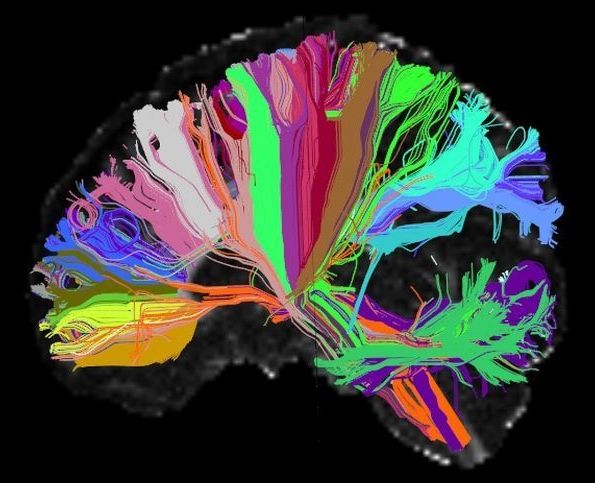
For decades, we’ve thought that memories were formed in two distinct stages—short-term first, then long-term later.
We might be wrong. New research suggests that our brains make two copies of each memory in the moment they are formed. One is filed away in the hippocampus, the center of short-term memories, while the other is stored in cortex, where our long-term memories reside.
These findings, published yesterday in the journal Science, upend more than 50 years of accepted neuroscience, and they’re being hailed by other neuroscientists. Here’s James Gallagher, reporting for BBC News:
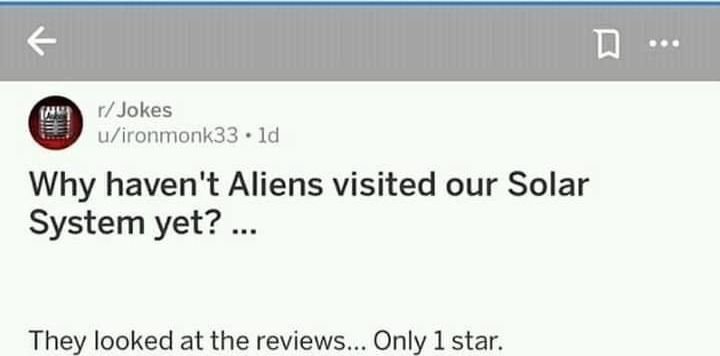
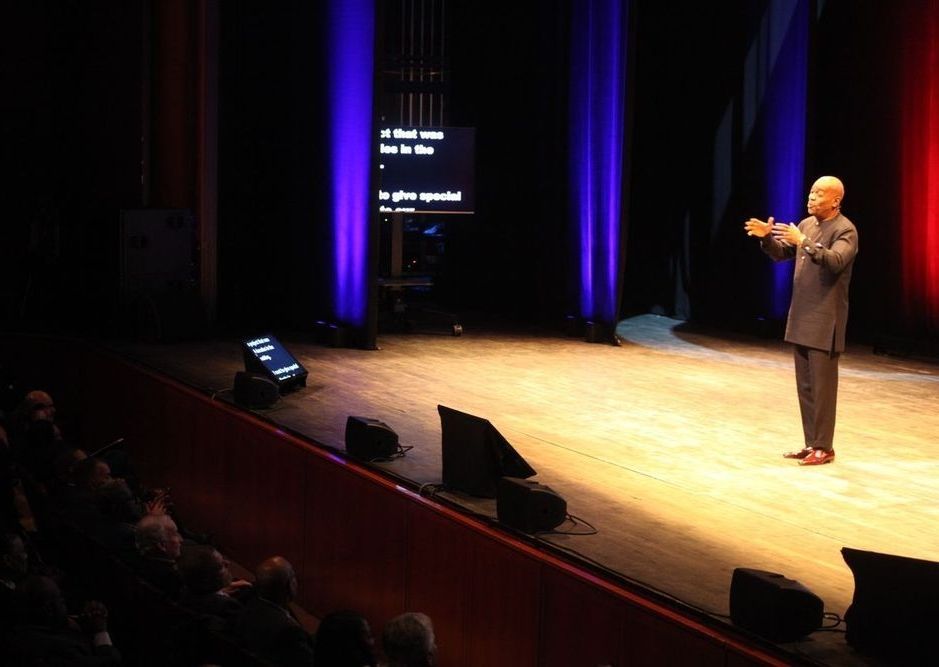
Newark Mayor Ras Baraka speaks during his fifth state of the city address at the New Jersey Performing Arts Center on March 12, 2019. (Karen Yi | NJ Advance Media for NJ.com)
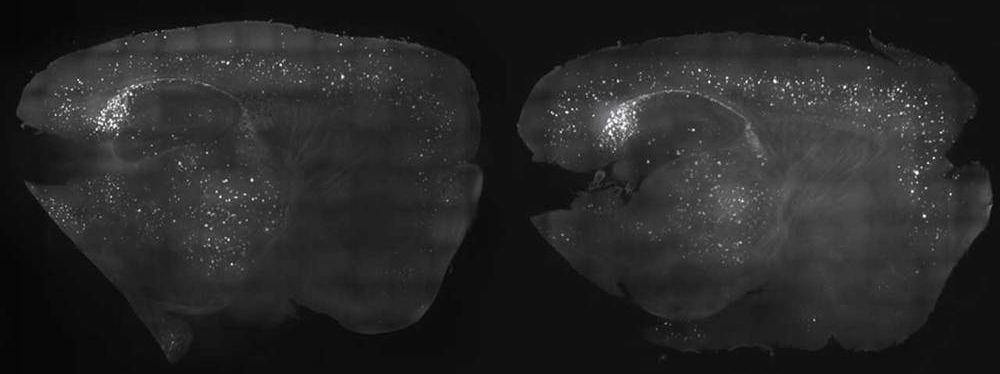
Of all the conditions that affect the elderly, one of the hardest for family and medical providers to deal with is Alzheimer’s disease. This condition impairs memory to the point that some afflicted with the condition can’t remember their loved ones. MIT researchers have found a new potential treatment that has shown promise in testing.
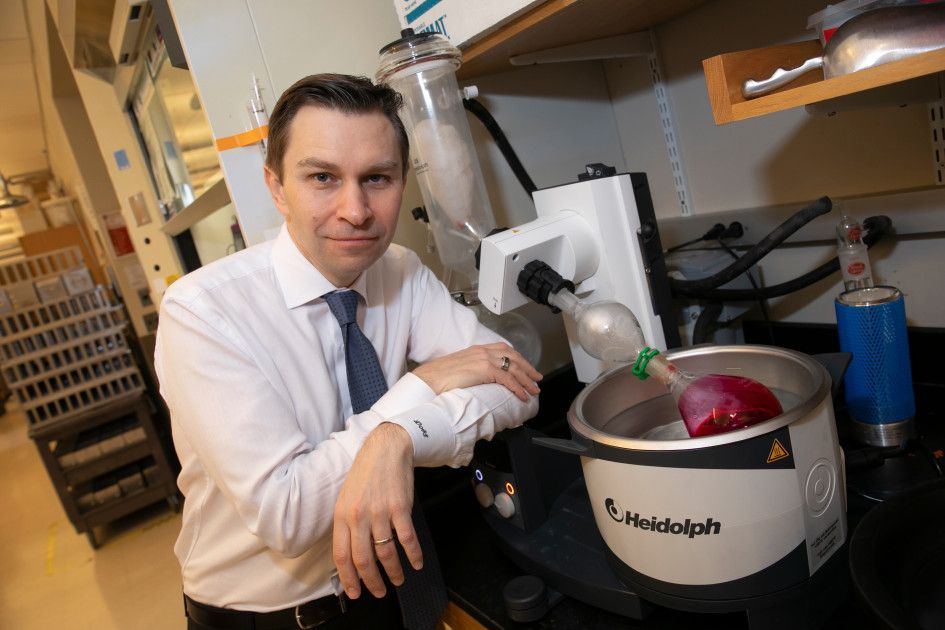
In February, a group of 16 researchers from Harvard, MIT, and other institutions around the U.S. and Europe launched the nonprofit Academy for Health and Lifespan Research to promote future work, ease collaborations between scientists, and ensure that governments and corporations are making decisions based on the latest facts instead of rumor, speculation, or hype.
Research into extending humanity’s healthy lifespan has been progressing rapidly in recent years. In February, a group of aging and longevity scientists founded a nonprofit to foster the work and serve as a resource for governments and businesses looking to understand the potentially far-reaching implications of a population that lives significantly longer, healthier lives.